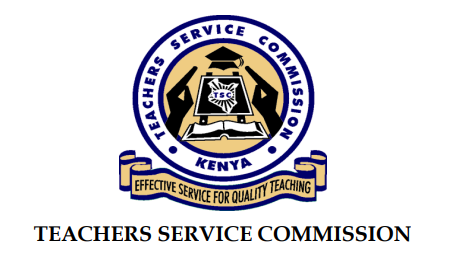
In the ever-evolving landscape of education and vocational training, oversight and regulation play a pivotal role in ensuring quality and standards are maintained.
In Kenya, the Technical and Vocational Education and Training Authority (TVETA) is the primary institution responsible for this crucial task.
Let’s delve into the functions of TVETA, its role in shaping the future of vocational education, and why it’s vital for the nation’s progress.
Understanding TVETA
TVETA, the Technical and Vocational Education and Training Authority, is a government agency in Kenya tasked with overseeing, regulating, and accrediting technical and vocational education and training institutions.
Established under the TVET Act of 2013, this institution plays a significant role in the development and regulation of the technical education sector in the country.
1. Accreditation of Institutions
One of TVETA’s primary functions is the accreditation of technical and vocational education and training institutions.
This crucial task ensures that these institutions meet the necessary standards and provide quality education and training.
Accreditation assures students and potential employers that the education received at these institutions aligns with industry requirements and international best practices.
2. Curriculum Development and Review
TVETA actively participates in the development and review of technical and vocational education and training curricula.
This involvement ensures that the programs offered at accredited institutions remain relevant, up-to-date, and in sync with the needs of the job market.
As industries evolve, it is vital that vocational training programs keep pace with these changes to produce graduates who are job-ready and competitive.
3. Quality Assurance
Maintaining high-quality education standards is central to TVETA’s mission.
They continuously monitor and evaluate the quality of education and training provided by accredited institutions.
This function helps ensure that students receive the best possible education and that their qualifications are respected both nationally and internationally.
4. Licensing of Trainers
TVETA is also responsible for licensing trainers working in technical and vocational education institutions.
This process involves verifying the qualifications and competencies of instructors, which ultimately benefits the students by ensuring they are taught by highly qualified professionals who are well-equipped to impart the necessary skills and knowledge.
5. Industry Partnerships
To remain relevant and effective, TVETA collaborates with industries and employers to understand their workforce needs.
By fostering strong partnerships, TVETA can tailor the education and training provided by accredited institutions to meet the demands of the job market.
This ensures that students graduate with skills that are in high demand, increasing their employability.
6. Research and Development
TVETA conducts research on various aspects of technical and vocational education and training.
This research informs policies, strategies, and decisions that can improve the quality and relevance of TVET programs.
It also helps the authority identify emerging trends and adapt accordingly, making TVETA a forward-thinking institution.
7. Student and Employer Support
TVETA also serves as a source of information for students and employers.
They provide guidance on accredited institutions, programs, and qualifications, making it easier for individuals and businesses to make informed decisions about education and workforce development.
8. International Recognition
In an increasingly globalized world, TVETA plays a vital role in ensuring that Kenyan technical and vocational education and training qualifications are recognized internationally.
This boosts the mobility of Kenyan students and professionals and enhances the country’s reputation in the global job market.
Conclusion
The Technical and Vocational Education and Training Authority (TVETA) is an essential institution in Kenya’s education sector. Its functions encompass accreditation, curriculum development, quality assurance, licensing of trainers, industry partnerships, research and development, and providing support to students and employers.
TVETA’s role extends beyond national borders, contributing to the international recognition of Kenyan technical and vocational education and training qualifications.
As Kenya continues to strive for economic growth and development, the functions of TVETA are pivotal in ensuring a highly skilled and adaptable workforce.
By maintaining high standards, fostering industry partnerships, and conducting research, TVETA plays a central role in preparing Kenyan students for success in the modern job market and on the global stage.
Read Related Content
What Level is TVET College in Kenya?
Mr. Weldon Kosgei, a dedicated educator with the Teachers Service Commission (TSC) in Kenya, brings years of experience and a deep love for education to his role at TSCNewsToday.co.ke. He provides insightful and timely updates on TSC policies, educational trends, and best practices, making his articles valuable resources for educators and administrators. Mr. Kosgei’s commitment to enhancing education shines through in his writing, connecting and inspiring the teaching community across Kenya.










